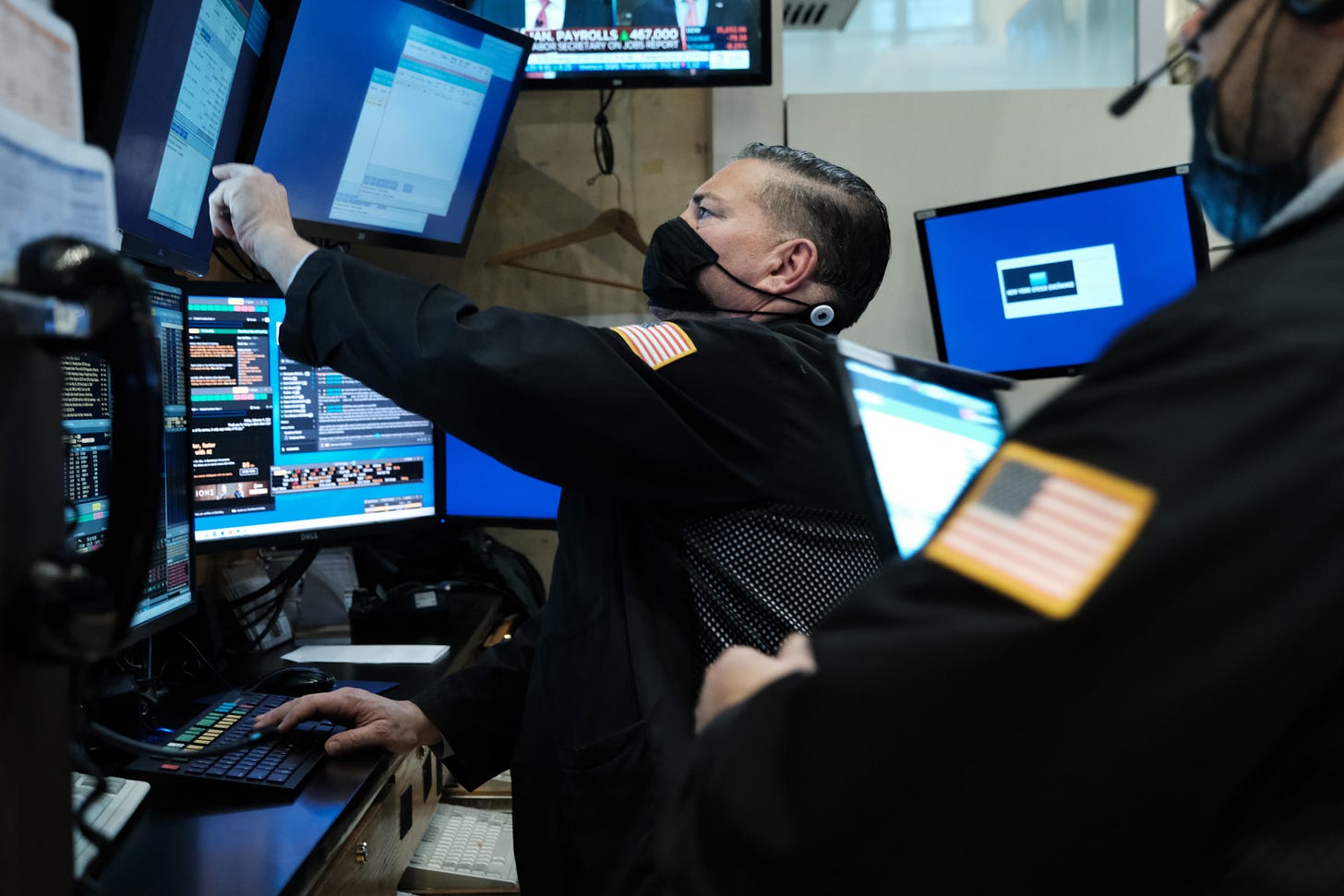Inflation's real culprits -- and consequences
Rupert Russell, author of the new book "Price Wars," traveled to the ends of the earth seeking the source of so much modern chaos. He found an answer in commodity prices and their manipulators
By Rupert Russell
I crawl into a tent. Arabic chatter bounces between a dozen teenage boys as they pass around a bottle of wine. Some are sitting in a circle, others are lying on stretcher-like beds against canvas walls. A few speak English. One tells me they’re from Iraq. He tells me how he travelled with his girlfriend through Turkey to the shores of the Mediterranean. “I was standing on the beach,” he says, gesturing eastwards towards the Turkish coast seven miles away. “I was just wearing my shorts. No wallet, nothing. I walked into the water. Then —”
“He is gay!” someone shouts behind me. I flinch. Is he talking about me? I am gay.
I turn around. One of the teenagers has stood up. He’s holding the bottle of wine and pointing at someone lying on a bed. The drunkard is short, skinny and young — maybe sixteen years old.
He catches my eye. “He is gay!” He pauses to wait for my response.
My awkwardness peaks. I freeze. Maybe if I don’t move, I’ll become invisible somehow.
He persists. “He is gay!”
I change tactics and ignore him. “What happened next?” I shout to the swimmer.
“I started to swi —” he begins.
“Where are you from?” the drunkard asks me. I surrender. “I’m from Britain.”
“Brittany! Brittany!” he chants.
I turn back to the swimmer. “What did you do?” I say louder still. “I got into the water,” he shouts back, “started to swim.” “Brittany! Brittany!”
“I was in the water for two hours and the — ” “He is gay!”
“ — and then the helicopter saw me. A boat came.”
“He is gay!” he says as he jumps into the middle of the circle and pulls his trousers down. He stands for a moment expecting a reaction. Silence. Heads down, we all pretend not to notice. He twists, trips and collapses into a disorderly heap.
Strangely, this is what I’ve come looking for: chaos.
It’s the summer of 2018 and I’m sitting in the Moria refugee camp. Tucked into a mountainside on Lesvos, the Greek island closest to Turkey, it’s the gateway from East to West and the epicenter of the global refugee crisis. Wars, famines, recessions, persecutions thousands of miles from each other converge here through the one thing they all create: people searching for safety. From these few acres an invisible web of connections radiates out across the Mediterranean, the Sahara, the Euphrates and the Caucasus, linking disparate episodes of chaos large and small. Moria is the node.
I’ve come here in the hope of unscrambling my brain. It hasn’t been at ease since June 24, 2016. It was the day after the British public voted to leave the European Union and I had just returned to the UK after a decade living in America. When my plane landed, I fired up my phone to discover that Prime Minister David Cameron had resigned. No one seemed to have any idea what was going on, least of all me, who had missed the whole thing. I was confused. I grew up with Princess Diana and the Spice Girls and movies where Hugh Grant struggles to find love. I didn’t recognize this hermit kingdom. I was now a stranger in a strange land.
It was a topsy-turvy time, but at least, I reassured myself, parochial. Like our culinary delights “toad in the hole” and “bubble and squeak,” foreigners saw our political tastes as similarly eccentric and not for them. But before long, there was a movement to import this British delicacy. “At the ballot box on November 8th we are going to do something so special,” presidential candidate Donald J. Trump told a crowd of supporters in Raleigh, North Carolina. “It will be an amazing day, it will be called ‘Brexit plus plus plus.’”
The weirdness was just beginning. Brexit plus Brexit plus plus plus were soon subsumed by an avalanche of horrors. The relentless Feed of tweets and posts and headlines and memes and viral videos plunged me into a digital vertigo, a kaleidoscope of tear gas, beheadings, black flags, floating bodies, burning rainforests, caged children and a new breed of monsters at the center of it all. Nigel Farage, Donald Trump, Viktor Orbán, Matteo Salvini, Jair Bolsonaro, Rodrigo Duterte, Nicolás Maduro, Narendra Modi, Vladimir Putin, Xi Jinping, Kim Jong-un, Boko Haram and ISIS towered over everything, Godzilla-like. Everywhere they went, destruction followed. Each calamity fed The Feed, a real-time conveyer belt of anxiety and outrage delivered directly into my brain. Equal parts Hollywood disaster movie and reality TV show, the spectacle was horrifying and captivating — a global-scale car crash I struggled to look away from.
I felt ill equipped to deal with this monstrous world. Born in 1985, I had grown up in London during the peaceful and prosperous 1990s. History was supposed to be over. It wasn’t until I was sixteen that I saw my first real monsters when planes flew into the Pentagon and the World Trade Center on live TV. These monsters were, reassuringly, outsiders. They came from distant caves in faraway lands. Now, the monsters came from inside the bubble I called home. The familiar turned alien. My brain scrambled.
I had to know: where had the monsters come from?
To map their origins, I’d have to make sense of the chaos they had created. I’d somehow have to bring order to sprawling histories, endless variables and ever-growing datasets. Fortunately, mathematicians in the 1970s developed the tools for just such a task. These legendary “chaos theorists” discovered that what looks like irreducible randomness can, in fact, have a logic. And this logic need not be complicated. It can be devilishly simple.
Imagine mapping the extinction of the dinosaurs. You could describe in detail every single micro event, every tsunami, hurricane and alteration to the ecosystem that, over thousands of years, led to their demise. Or you could point to one macro moment: when an asteroid struck the earth. It was this moment that triggered a cascade: a chain reaction that grew and grew and grew. Chaos theory teaches us that such moments need not be big. Triggering events can be very small, as small as the flap of a butterfly’s wings. Perhaps my cartography of chaos just needed to discover one thing. I just needed to spot the butterfly.




